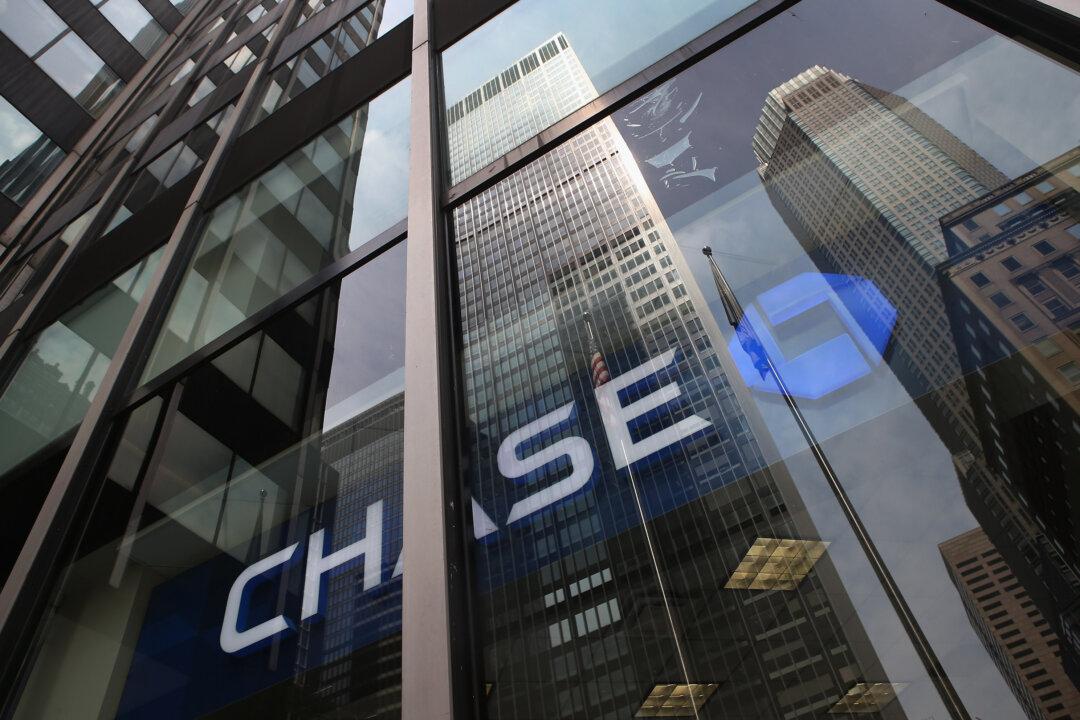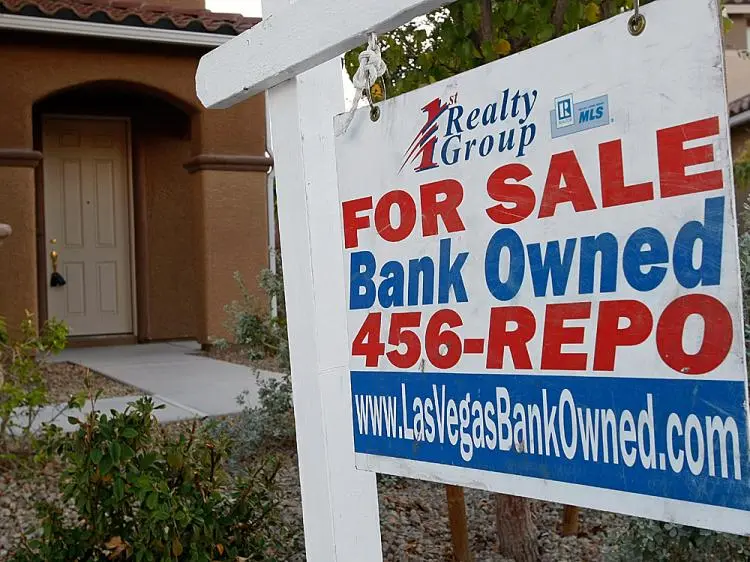Rising mortgage rates are forcing big banks to write down losses on their mortgage-backed securities (MBS) amid the Federal Reserve’s tightening interest rate policy and regulations.
An MBS is an investment product that bundles home loans and other real estate debts, which then are bought from the banks that issued them. Wall Street’s big four banks—JPMorgan Chase, Wells Fargo, Bank of America, and Citigroup—have been forced to acknowledge $17 billion in unrealized losses by writing down the value of MBS on their balance sheet, according to a Bloomberg report that analyzed company filings.





